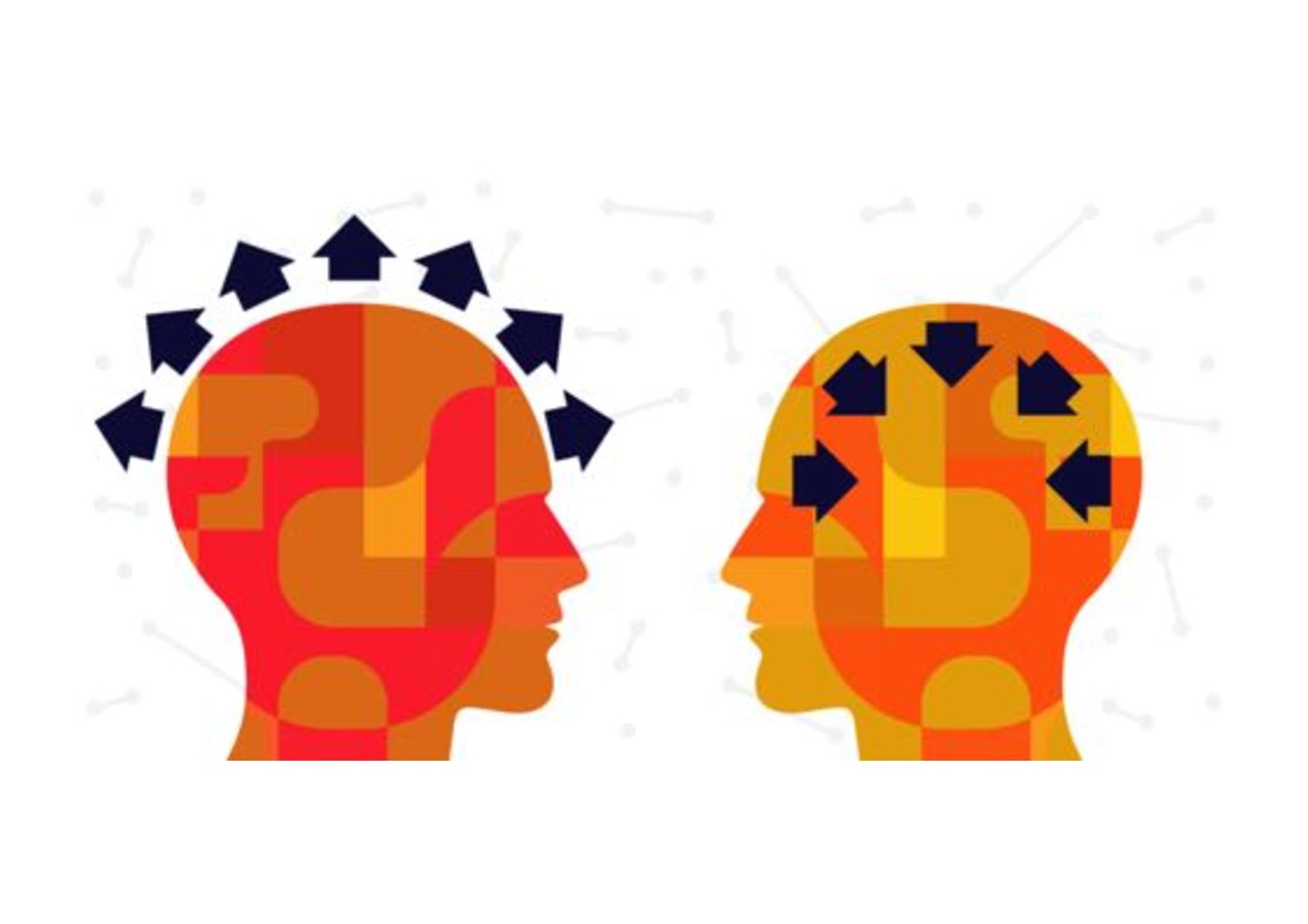As I drink less and party less, I realise I’m gradually becoming more introverted. Perhaps the alcohol fuelled my extrovert persona? It’s slightly weird letting go of my rebel persona and replacing it with the loner one. Both labels have negative connotations so I wondered how I could be a positive loner.
Different Types of Loners
Everything you read tells you that we need people in our lives for our mental wellbeing. Clearly, I can’t deny that our brains are wired for connections and that having relationships is one of our basic needs. In fact, neuroscience tells us that relationships can reshape our brains. Everyone is different though and how many relationships and how often you connect will be different for everyone. It’s up to each of us to define what that means.
There are actually different types of loners ranging from the intentional to the unintentional which equates to loneliness. Even the intentional loner can be a negative if it comes from fear or a dislike of people. Social anxiety isn’t fun for anyone and living with the loneliness that often ensues is both depressing and a drain on our mental health.
The Happy and Positive Loner
The world tells us that being a loner is a bad thing. Remember those scathing remarks about a cat woman or the weird man who lives alone? The labels can be so disparaging. So, let’s see what we can learn from being a positive loner?
Solitude is a wonderful thing if you view it with a joyful mindset. You can connect with nature as well as yourself. Of course, society has some great benefits but it is a bit of a one size fits all. What about bringing balance into our lives with more solitude? It doesn’t mean that we can’t have friends but we still prioritise our time alone.
Many people fear being alone because you have to sit with your mind and all its dark corners. With self-acceptance comes the joy of solitude as you realise that it’s just another human mind going through its machinations. With this self-confidence comes the ability to nurture your alone-ness.
Check in with your Positive Loner Trait
Did the fact that I slowed my drinking force me to uncover the deeper recesses of my mind? Yes, and it’s just as flawed as any other human mind but I’m ok with that. I’ll keep working on my shadow and recharge with my alone time.
1- Connect with your thoughts and emotions
One of the great things about spending time alone is that you can do some psychological healing work. It won’t be easy because you’ll have to learn to observe your thoughts and create some distance with the thinking mind. The more you can label your emotions to better understand them, the less you’ll fear them and your reactions to the world. Check out journaling if you want inspiration to start especially if you ruminate too much.
Here are some questions for you to ponder if you wish:
- What do you enjoy in life?
- What scares you?
- When are you most creative?
- What makes you joyful?
- What did you love doing as a child that you no longer do and why not?
- What would you do if money was no object?
2- Self-love
When you accept yourself for who you are, it’s much easier and pleasant to spend time alone. You’re also happy to stray away from social norms without worrying about rejection. It’s all about being true to yourself and what you need. If you know that clearly then you’re on the road to happiness especially if you throw in a bit of self-compassion.

3- Embrace alone-ness
So, how do you embrace alone-ness and become a positive loner? People often feel lonely because being with their thoughts leads to anxiety and stress. Instead, can you think of 10 ways your life is good? Perhaps even try listing 10 things you like about yourself? There are many ways to benefit from being alone as long as you can balance this with a healthy view of people and society.
What’s Next for You?
We’re all in constant search of happiness and yet, it’s within all of us if we know where to look. Being overwhelmed by our thoughts and trying to numb them or distract ourselves from them is a sure way to remain stagnant. Instead, you can learn to connect with your emotions and accept yourself as the imperfect and beautiful human being that you are. Like everything in life, it’s about finding the right balance for each of us, in this case, alone time versus social time. Ignore the labels and follow your heart which in the end is the only way to stay on the path to happiness.





